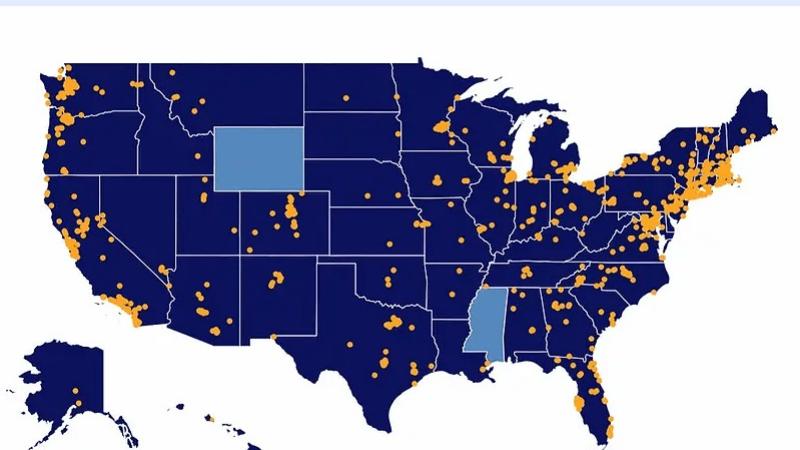FCC Chairman Ajit Pai to step down on Jan. 20
Resignation reduces chances of action to strip social media giants of exemption from liability for user content user section 230 of Communications Decency Act, according to a press report.
Ajit Pai, chairman of the Federal Communications Commission (FCC), announced on Monday that he will leave the agency on Jan. 20, the day the next president of the United States is inaugurated.
Pai was controversial after his appointment by President Trump in 2017, although he had served on the commission since 2012. A Republican, Pai led the commission in overturning net neutrality regulations and pushed for fast wireless broadband service. He also voted to remove rules that prohibited internet providers from blocking or slowing traffic to particular sites and then offering higher speed "lanes" at higher prices.
"It has been the honor of a lifetime to serve at the Federal Communications Commission, including as Chairman of the FCC over the past four years," Pai said in a statement. "I am grateful to President Trump for giving me the opportunity to lead the agency in 2017, to President Obama for appointing me as a Commissioner in 2012, and to Senate Majority Leader McConnell and the Senate for twice confirming me. To be the first Asian-American to chair the FCC has been a particular privilege. As I often say: only in America."
"As a result, our nation's communications networks are now faster, stronger, and more widely deployed than ever before," he said.
Pai also made headlines when he declared that the FCC could move unilaterally after Trump signed an executive order targeting social media companies.
"He said the commission's general counsel determined it had legal authority to interpret Section 230 of the Communications Decency Act, the law that shields tech platforms from being held liable for their users' posts (and for removing those posts or reducing their reach)," CNBC reported. "Pai's departure makes it much less likely that significant action on the executive order will take place anytime soon, given that the two Democratic commissioners opposed Pai's decision."
Wrote The Washington Post: "Under Democratic leadership, the agency is unlikely to forge ahead with any action on Section 230. But the Biden-era FCC may struggle to advance its own agenda, as Pai's departure creates the conditions that could lead to a deadlock on the five-member telecom agency."
After his departure, the five-member commission will have two Republicans and two Democrats. If Joe Biden is deemed the president when the Electoral College votes on Dec. 14, he could break the tie by appointing a new member.















